Introduction
The cost of bone marrow transplant in India ranges from ₹15,00,000 – ₹43,00,000 ($19500 - $56100). Here, you will find all the costs associated with bone marrow transplants in India. Also, know the cost of the type of bone marrow and any additional costs required.
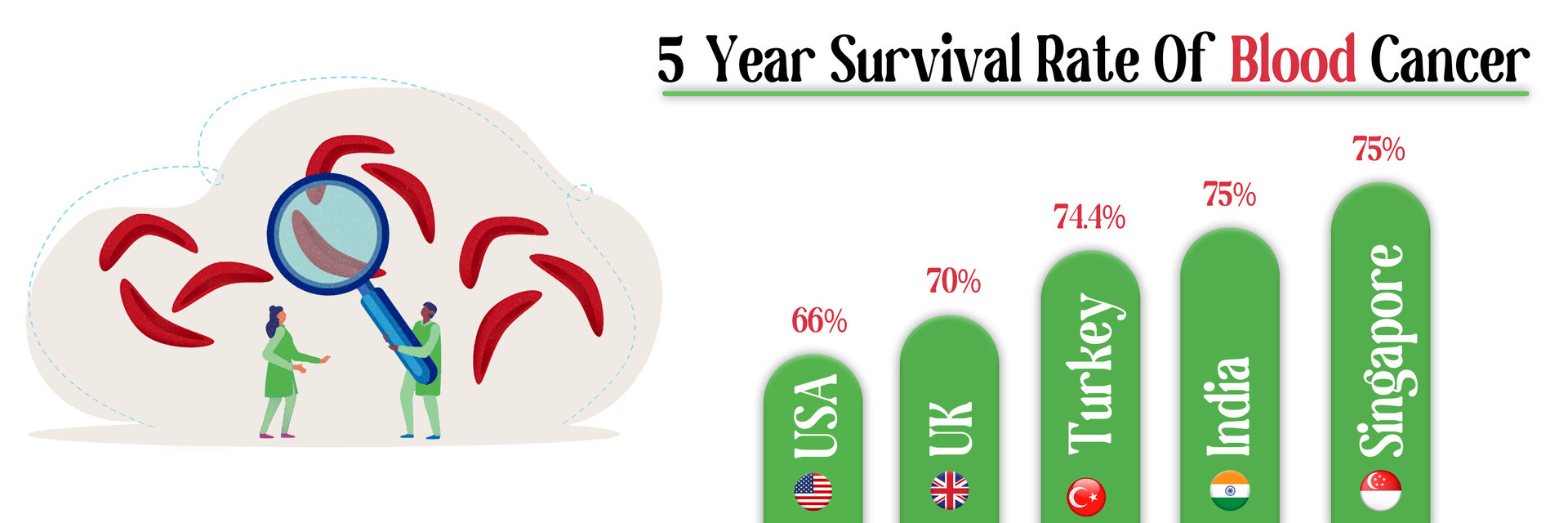
The average bone marrow transplant cost in India varies depending on which transplant is recommended.
We understand that you're preparing for a significant medical procedure, and the associated expenses are huge. However, it's worth noting that bone marrow transplant costs in India are exceptionally affordable, and the success rates are impressively high. India has witnessed a consistent increase in the number of bone marrow transplants performed annually, with approximately 2,500 procedures carried out. This can be attributed to the cost-effectiveness of bone marrow transplants in India and the fact that the success rates here are comparable to global standards.
Take the first step toward healing. Request a Free Consultation.
Treatment Cost
Autologous BMT $21,000 - $23,600 |
Allogeneic $35,000 - $42,000 |
Haplo-Allogeneic $49,000 - $56,000 |
Cost in Top Cities
| Cities | Min | Avg | Max |
|---|---|---|---|
| Delhi | $19522 | $27399 | $60278 |
| Ahmedabad | $16298 | $22875 | $50324 |
| Bengaluru | $19164 | $26897 | $59172 |
| Mumbai | $20238 | $28405 | $62490 |
| Pune | $18447 | $25891 | $56960 |
| Chennai | $17552 | $24634 | $54195 |
| Hyderabad | $17015 | $23880 | $52536 |
| Kolkata | $15582 | $21869 | $48112 |
Top Doctors
Top Hospitals

More Information
Let's take a look at the cost of different bone marrow transplants.
For your reference, below we have discussed the cost of bone marrow transplants in India. Here is an estimated bone marrow transplantation cost in India on the basis of its types. (depending on the recommendation of your consulting oncologist):
Types of BMT | BMT Cost In India |
|---|---|
| Autologous Bone marrow transplant | ₹15,00,000 - ₹17,00,000 ($21,013 - $23,652) |
| Allogeneic Bone marrow transplant | ₹25,00,000 - ₹30,00,000 ($35,022 - $42,027) |
| Haplo-Allogeneic Bone marrow transplant | ₹35,00,000 - ₹40,00,000 ($49,031 - $56,036) |
*To be on the safer side, be prepared for a 5% to 10% variation on the estimated cost depending on your condition. The charges encompass various expenses related to hospitalization, such as the duration of the stay, the fees of the surgeon, the cost of the operation theater, the charges for anesthesia, and the provision of meals for both the patient and one accompanying person.
You might be curious about why the cost of bone marrow transplants in India varies for different types of procedures.
Let's explore the key factors that contribute to this variation.
| Autologous Bone marrow transplant | Your own bone marrow is used for this type of transplant. Autologous costs are less as compared to allogeneic transplants. |
| Allogeneic Bone marrow transplant | Bone marrow from a 10/10 HLA matching donor (preferably a sibling) is used for this type of transplant. Cost is higher when it comes to allogeneic because here you have to pay not only for yourself but also for your donor when it comes to tests, facilities, lab works, etc. |
| Haplo-Allogeneic (Haploidentical) Bone marrow transplant | When bone marrow is used from a donor (your children, parents, sibling) that has a partial HLA match to you. Cost is even higher in Haplo-Allogeneic transplant as the procedure is a lot more complicated so the cost and number of tests increases. |
Get Started on Your Transplant Journey today; contact us for more details!
What could be the additional costs of BMT?
If you’re thinking of bone marrow transplant costs in India or anywhere else in the world, be prepared to shell out money for post- and pre-transplant facilities. You have to additionally pay for facilities such as tests, chemotherapy, post-transplant monitoring, etc.
We have carefully created an extensive guide that covers all the additional services that you might be charged for during your blood cancer treatment in India. This will help you be fully prepared for your time there. This will help you navigate any potential charges without any surprising moments.
First, we want to discuss all the costs that come under the pre-bone marrow transplant stage:
In a bone marrow transplant, the body's damaged or destroyed blood cells are replaced with new, healthy blood cells. This medical process is also known as a stem cell transplant. Bone marrow cancer treatment in India is available for certain types of cancers, like leukemia, multiple myeloma and some types of lymphoma. Stem cell transplant cost in India is approximately INR 1,49,000 (USD 2,000) for one cycle.
In the pre-bone marrow transplant stage, you will go through steps that are essential preparations for the bone marrow transplant procedure. This is the most critical stage, as it lays the foundation for the treatment.
Following is a complete guide to not only all the necessary steps you will have to take before the bone marrow transplant but also discusses the costs you will incur during this stage:
You should consider the pre- and post-transplant costs to make an accurate estimation of overall costs.
For your convenience, we have elaborated on each and every step of the pre-bone marrow transplant costs below:
Pre-bone marrow transplant cost in India:
Pre-procedure check-up tests and treatments | Cost Estimation |
|---|---|
Health checkup | Physical examination and health check-up with an oncologist in India might cost around ₹600 ($8) - ₹5000($70) |
All investigations | There are a number of investigations that will be required like a blood test, PFTs and RVG for the heart, Electrocardiogram (ECG), Chest and Dental X-ray, etc which will set you back by around ₹55,892 ($800) to ₹69,865 ($1000) |
HLA typing | HLA typing is only required in cases of an allogeneic/haploidentical transplant, which costs around ₹80,000 ($1,112.53) additionally. |
Chemotherapy | Cost of chemotherapy is approximately ₹1,04,797 ($1,500) to ₹1,25,077 ($1,800) per chemo cycle. You may also have to pay for Induction chemotherapy which will cost you approximately ₹1,38,974 ($2000) to ₹2,08,462 ($3,000). |
Radiation Therapy/ Radiotherapy | A rough estimate of the cost for Radiation treatment based on the procedure or technique can range between ₹1,66,770 ($2,400) to ₹4,86,955 ($7,000) depending on the package. |
Donor fees | In the case of Allogeneic transplant, there are a number of tests and expenses related to the extraction of stem cells. This is more expensive in a haploidentical transplant. So we have to consider stem cell transplant costs in India or the country in which the treatment is going on. |
Medication | Medication is prescribed for your recovery. |
Pre - operations cost | Pre-operations cost, medication costs, documentation costs etc. |
What costs come with the post-bone marrow transplant stage?
Once you are done with the transplant, the work is not finished. Various measures are implemented to closely track the advancement of transplantation in a patient, ensuring a swift recovery and mitigating the risk of infection.
But in cases of unforeseen situations, unanticipated monitoring, extended stays, etc., requirements will be charged separately. This is not included in the transplant cost, and hence it comes under the post-transplant stage.
For your convenience, we have elaborated on each and every step of the post-bone marrow transplant costs below:
Post-Bone Marrow Transplant Cost in India:
| Monitoring and requirements | |
|---|---|
| Medications cost | There will be many expensive medicines prescribed to you after the transplant. |
| Any additional service availed | Any extended hospital stay and use of services |
| Other consultation | Any other consultation with your doctor and other consultations. |
| Complications management and unanticipated care | The cost of monitoring and treatment for complications management and unanticipated care is separate from the transplant cost. If for any reason you have stayed beyond the stipulated period, you will be charged separately. |
| Follow - up costs | After the transplant, you will have to follow up with your doctor regularly for your health check-up. |
The cost of bone marrow transplant is less if compared to other medically advanced nations.
Take charge of your health with the best treatment. Book your consultation now.
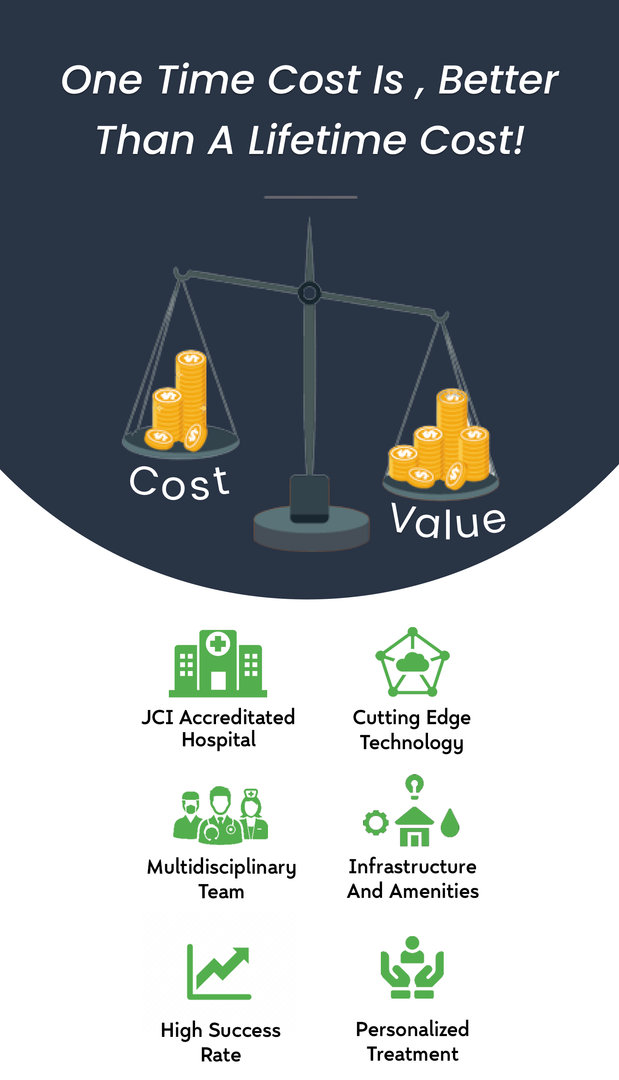
Other Details
Why has India become the hub for bone marrow transplants?
Bone marrow transplant cost in India in comparison to other countries:
Countries | Average cost |
|---|---|
USA | ₹2,47,36,250 - ₹ 5,65,40,000 ($350,000 - $800,000) |
United Kingdom | ₹1,64,89,184 - ₹4,12,22,960 ($233,310 - $583,275) |
Germany | ₹70,67,500 - ₹1,76,68,750 ($100,000 - $250,000) |
Turkey | ₹35,33,679 - ₹70,67,500 ($49,999 - $100,000) |
India | ₹15,00,000 – ₹43,00,000 ($19500 - $56100) |
The reasons for variations in costs between India and other developed countries are:
1. Currency: Basically, the Indian currency is lower than the USD, pounds, euro, etc. So obviously, everything is cost-effective here.
2. Standard of living: The standard of living is quite lower in India than the other developed countries such as the USA. So the prices of facilities in the fields of transport, overall stay, food, and medical treatment are cost-effective.
3. Competition: There are many bone marrow transplant centers in India, so you have a wider choice according to your budget of hospitals of your choosing.
4. Hospitals: India is the preferred destination for transplantation due to its renowned hospitals, which house exceptionally skilled hematologists and oncologists specializing in bone marrow transplants (BMT). A few government-run hospitals also offer free bone marrow transplants in India, or they offer their services at very nominal costs.
5. Doctor: Basically, here in India the doctors charge less compared to doctors in the other developed countries. However, the charges of doctors may vary according to their popularity, experience, and the hospitals where they practice.
There are a few other reasons why getting bone marrow transplants in India is a good option.
While blood cancer treatment in India is notably affordable compared to other developed nations, it is crucial to understand that Indian hospitals never compromise on the paramount aspects of quality and expertise.
Your well-being is our priority - call us to book your appointment today.
Why should you get a bone marrow transplant in India?
India offers cutting-edge treatments for bone marrow transplants. In fact, there are even external tie-ups with international organizations in this area. Recently, the American Oncology Institute (AOI) launched one of the largest bone marrow transplant programs in India, providing specialised BMT services.
- You will find some of the internationally accredited BMT centers in India.
- The BMT doctors in India are extremely well-trained, skilled, and experienced.
- They are highly experienced and have participated in and led various cancer and BMT-centered research in countries like the USA, UK, Canada, etc.
- The technology and infrastructure required for BMT are on par with those in developed countries.
- The bone marrow transplant success rate in India is comparable to global standards.
Disclaimer : The above rates are for reference purpose only and may vary based on different requirements. To know actual rates, please contact us.
Related Blogs
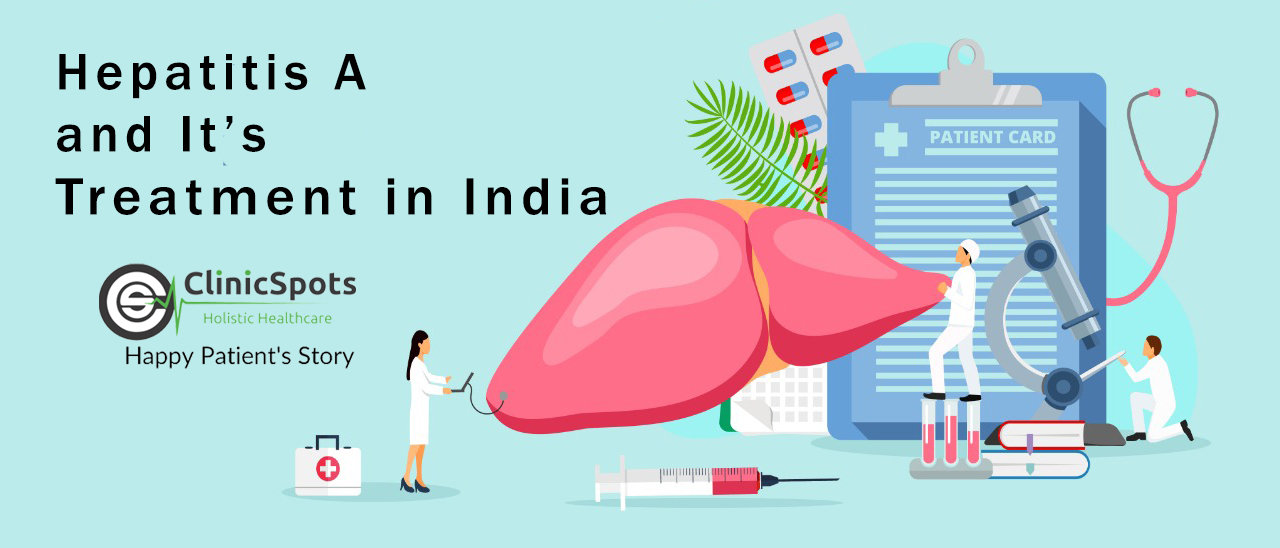
Hepatitis A and its treatment in India
Learn about hepatitis A and its treatment options in India. Explore medical facilities, expert hepatologists, and preventive measures for effective management and recovery.
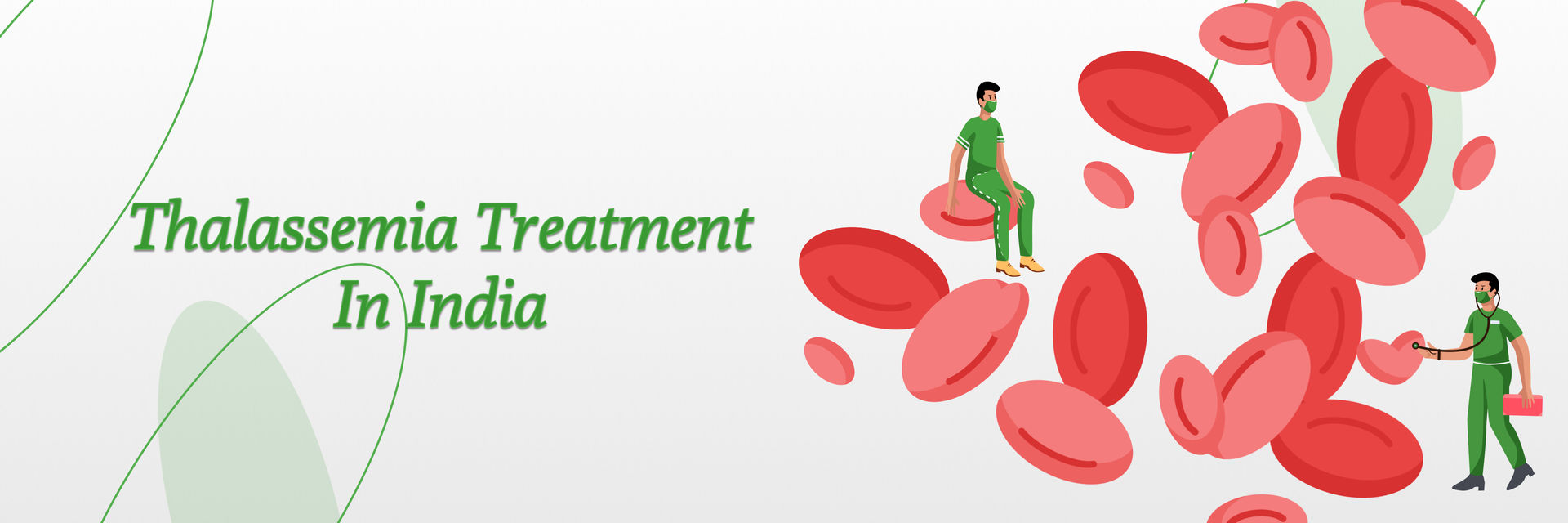
Thalassemia Treatment in India: A Comprehensive Guide
Discover comprehensive Thalassemia treatment in India. Explore advanced therapies & expert care for better health outcomes.
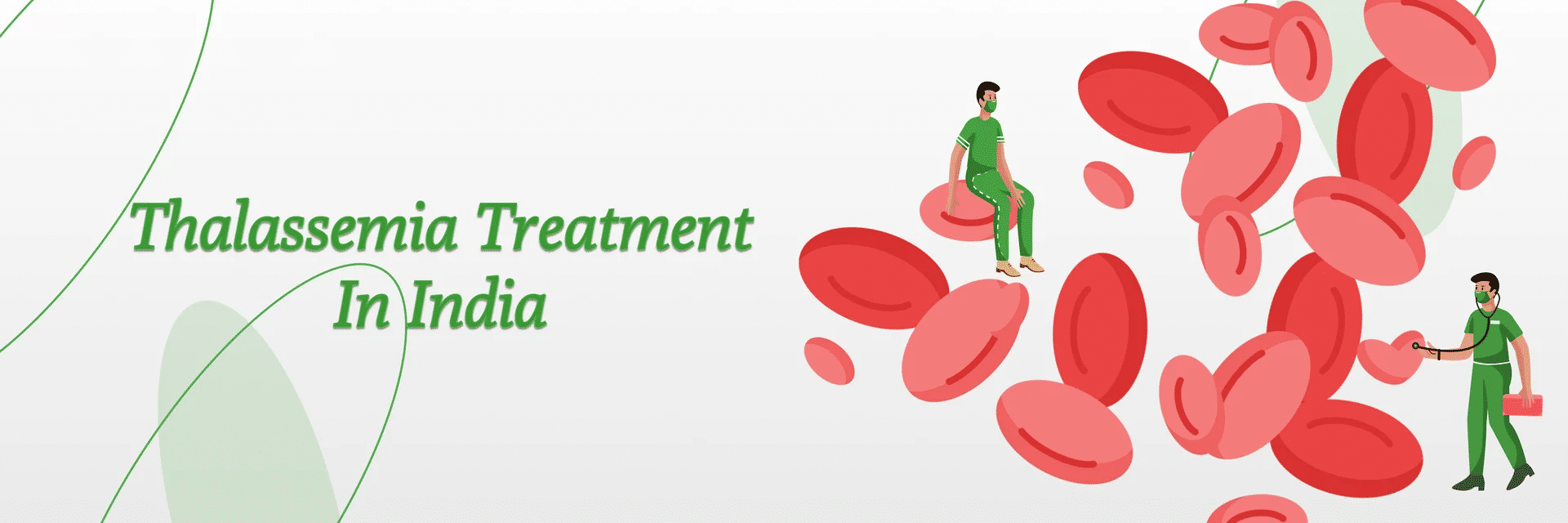
Thalassemia Treatment in India
Explore advanced Thalassemia treatment in India with cutting-edge therapies and expert care for improved health and well-being.
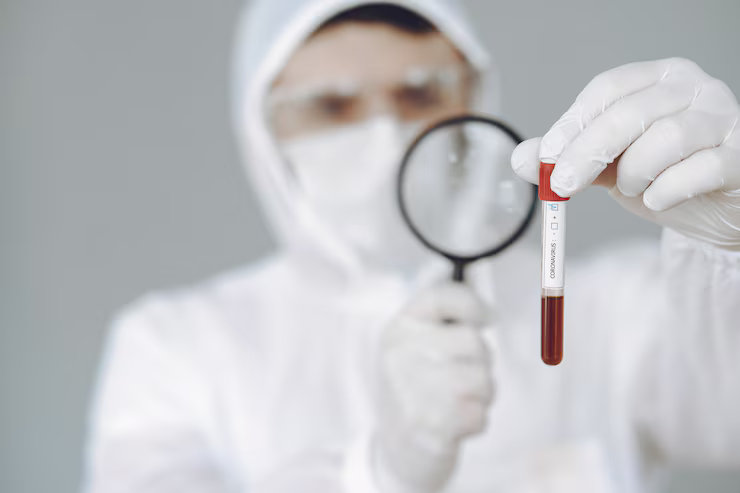
The Overlap Between STD Testing and Bloodborne Pathogen Screening: Why Both Matter
STD testing and bloodborne pathogen screening often overlap. Learn how combined testing detects silent infections like HIV, HBV, and HCV for early, effective care.
What is the use of a bone marrow transplant?
How does delayed engraftment affect recovery 60 days after a bone marrow transplant?
What should I do if I experience emotional challenges 60 days after a bone marrow transplant?
How long will I need to take immune-suppressing medications 60 days after a bone marrow transplant?
Can I travel or go on vacation 60 days after a bone marrow transplant?
How We Help
Medical Counselling
Connect on WhatsApp and Video Consultation
Help With Medical Visa
Travel Guidelines & Stay
Payment







